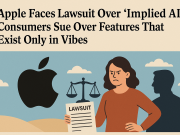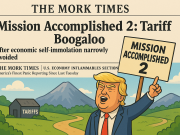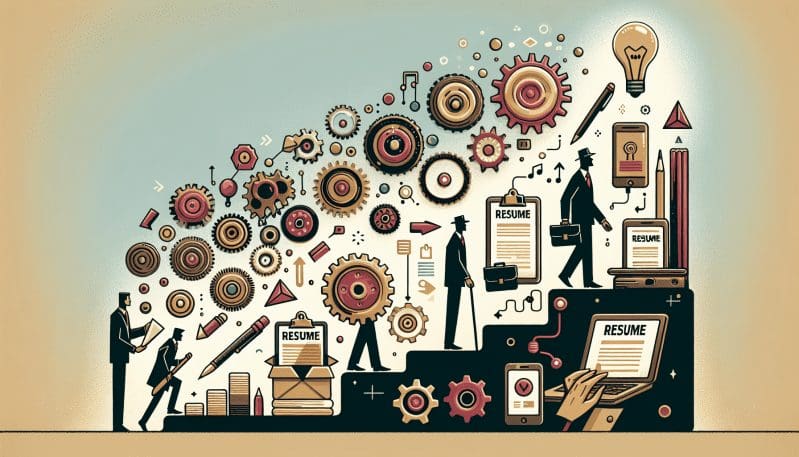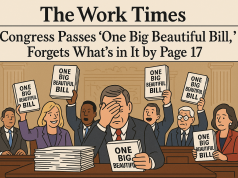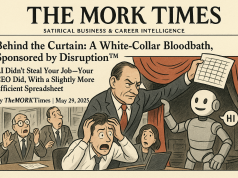In the panorama of employment, the humble resume has stood as the cornerstone of a job seeker’s arsenal. But as the tectonic plates of the workforce shift and digital landscapes alter the face of careers, the classic resume has been called to adapt or face obsolescence. Today, we navigate through the metamorphosis of the resume, exploring its transition from a mere document to a multifaceted personal brand showcase.
Long gone are the days when a resume was simply a list of previous jobs and educational qualifications. With the dawn of the digital age came a new breed of professional representation: enter the digital portfolio. These platforms allow candidates to exhibit not just their credentials, but their work in action—whether it be coding repositories for software engineers, design collections for artists, or writing samples for journalists. It’s an immersive experience that provides a depth of understanding previously unattainable through traditional paper resumes.
Parallel to the rise of portfolios is the ascendance of professional networking platforms like LinkedIn. These sites have evolved beyond networking tools to become a living, breathing resume, constantly updated and reflecting the dynamic nature of one’s career. LinkedIn, with its endorsements and recommendations, has infused the resume with a social proof element that no paper document could offer.
The art of personal branding has further revolutionized the concept of the resume. Job seekers are now expected to sell their unique blend of skills, experiences, and personal attributes as a cohesive brand. This entails a strategic narrative across various channels, incorporating elements of storytelling that resonate with potential employers and distinguish the candidate from a sea of competitors.
However, as we revel in these innovations, we must ask: Does the traditional resume still hold its esteemed position in the hiring process? Some argue that resumes have become mere formalities in an era where your digital footprint can offer a more comprehensive picture of your professional journey. Yet, many industries cling to the traditional paper resume as a first filter in the screening process, signifying that, despite its evolution, the resume maintains a vestige of its former glory.
Alternatives to the resume are emerging, challenging its dominance. Skill-based assessments, for example, provide a hands-on demonstration of a candidate’s ability, bypassing the need for interpretive documents altogether. Referrals and internal recruitment are also growing in prevalence, often negating the need for a resume in the initial stages of hiring.
As we peer into the future, it’s evident that resumes will continue to be a tool for job seekers, albeit in an evolved form that favors digital fluency and personal branding. The adaptability of the resume is a testament to its enduring relevance, but whether it will remain the centerpiece of job applications or become one of many tools is yet to be seen. The onus is on the modern job seeker to navigate this evolving landscape to emerge with opportunities that resonate with the innovative spirit of our times.














